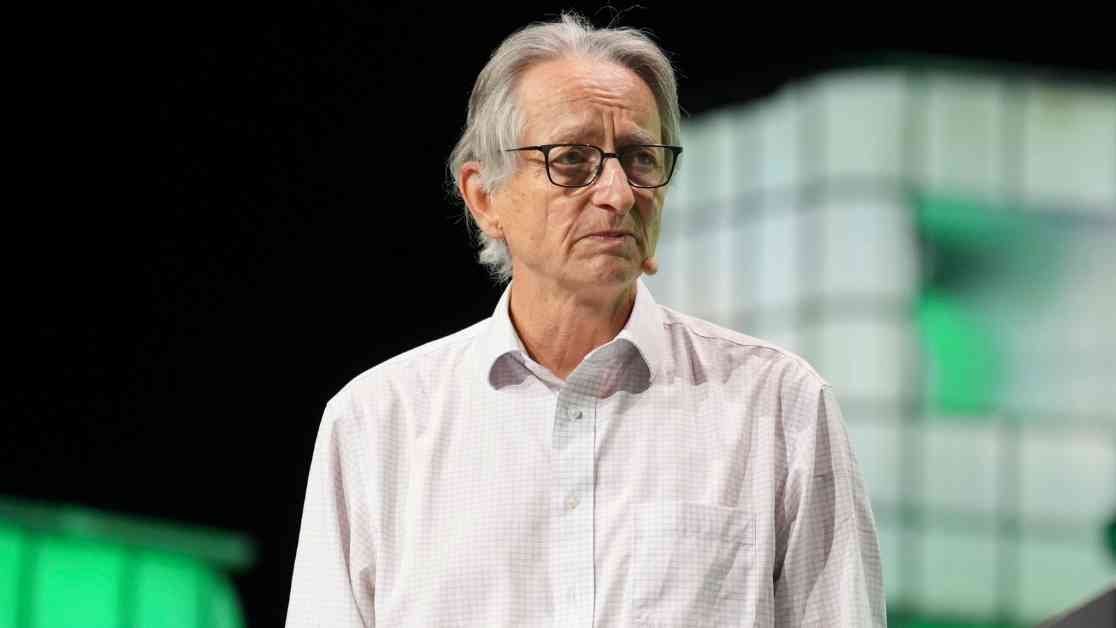The 2024 Nobel Prize for physics has been awarded to two scientists, John Hopfield from Princeton University and Geoffrey Hinton from the University of Toronto, who are responsible for laying the foundation for artificial intelligence. Artificial neural networks, inspired by the human brain, have been developed by these scientists over decades, leading to the explosive growth of machine learning.
Professor Hinton, often referred to as the “godfather of AI,” expressed concerns about the potential threats of AI technology to humanity. He even stepped down from Google in 2023 due to his apprehensions about the misuse of AI by bad actors. The machines, powered by vast amounts of data, can learn unexpected behaviors, posing a potential risk to society.
Despite being legendary figures in the field of artificial intelligence for decades, Professor Hinton only gained prominence last year when he warned about the dangers of emerging powerful generative AIs. He has expressed some regret about laying the foundations for this technology, fearing the consequences of creating systems more intelligent than humans.
The Nobel committee awarded the prize to Hopfield and Hinton, recognizing their contributions to the development of artificial neural networks, digital analogues of how nerve cells in the brain learn. While this Nobel Prize focuses on physics, not computer science, the breakthroughs made by Hopfield and Hinton were heavily reliant on the application of statistical physics.
The prize money of 11 million Swedish kroner (around £810,000) will be shared by the two laureates, emphasizing the significance of their work in revolutionizing science, engineering, and daily life through machine learning. The Nobel Prizes, created in the will of Alfred Nobel, are considered prestigious awards, with past recipients including notable scientists like Albert Einstein and Niels Bohr.
In addition to the Nobel Prize in physics, last year’s award was given to scientists for creating ultra-short pulses of light to detect changes within atoms. This year’s Nobel Prize in medicine was awarded to American scientists for their discovery of how “microRNA” controls the decoding of genetic information in living organisms.
The recognition of Hopfield and Hinton’s work highlights the critical role that artificial neural networks play in advancing AI technology and its potential impact on society. As we continue to push the boundaries of AI development, it is essential to consider the ethical implications and ensure that these technologies are used responsibly for the betterment of humanity.










